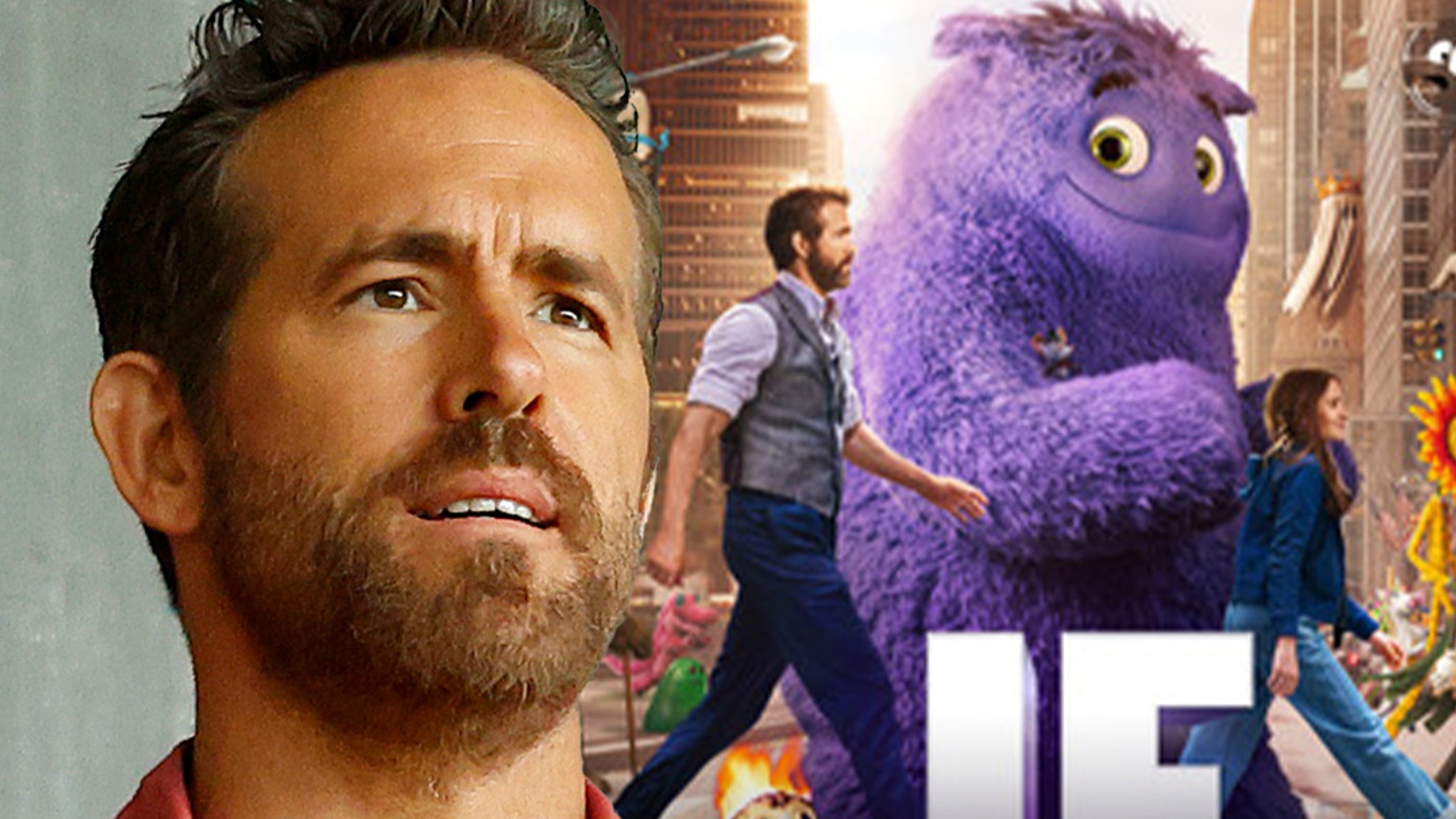Culture
‘Mary Jane’ Review: When Parenting Means Intensive Care

Soon after Alex was born at 25 weeks, with multiple catastrophic disorders, Mary Jane’s husband, unable to cope, fled their marriage. Still, she hopes he “finds some peace, I really do.”
She also thinks kindly of her boss, who means to accommodate her but pretty much fails to. “It’s daily moral agony for her,” Mary Jane marvels. “It’s really something to behold.”
Mary Jane’s own moral agony is likewise something to behold. She feels guilty about putting the super of her Queens building, where she shares a junior one-bedroom with Alex, in a difficult position by removing the window guards. “It’s just that he loves looking out the windows, especially when he’s sick and I can’t take him outside?” she explains in upspeak.
“It’s the law,” the not-unkind super replies — though Alex, now 2, can barely sit up, let alone reach the sill.
“You’re an excellent superintendent,” Mary Jane says. She is the embodiment of apologizing for living.
That, at its heart, is the condition that Amy Herzog’s steel-trap play “Mary Jane” explores: The death of the self in the love for one’s child. As with Alex, so for his mother: There is no cure.
When it was produced in 2017 at New York Theater Workshop, I called “Mary Jane” “a heartbreaker for anyone human.” You did not need to be a parent, though it helped, to get dragged down by the undertow of terror beneath its placid, warm surface.
The Manhattan Theater Club production that opened on Tuesday, starring the rom-dram charmer Rachel McAdams, confirms that earlier diagnosis. But Herzog, whose Broadway adaptation of “An Enemy of the People” is running a few blocks away, is not interested in locking down meaning. Like all great plays, “Mary Jane” catches light from different directions at different times, revealing different ideas. On the other side of the worst of Covid, “Mary Jane” feels less like a parent’s cry for more life than an inquest into the meaning of death.
I didn’t notice that at first. The story spooled out, swiftly but subtly, along its original lines: a series of Mary Jane’s often surprisingly funny interactions with eight women, four in each of the play’s two parts. First, the super (Brenda Wehle) plunges the kitchen sink, making uncomfortable small talk about holistic therapies. (Mary Jane respectfully hears her out.) Next comes Sherry (April Matthis), the most reliable of the home nurses who help tend to Alex. Mary Jane displaces anxiety about changes in the boy’s condition onto concern for Sherry’s garden in wet weather.
Not that she is aware of how rigidly upbeat she seems; it’s Herzog’s technique that makes even the dullest conversation feel as sharp as a scalpel. Brianne (Susan Pourfar), a newbie to the world of adaptive strollers and insurance wrangling, is overcome by Mary Jane’s glib you-can-do-it curriculum, in which caring for Alex (we never see him) sounds as easy as caring for his goldfish. And when Alex has a seizure while Sherry’s niece Amelia (Lily Santiago) is visiting, Mary Jane calmly thanks the 911 operator. Twice.
As her life relocates to a neonatal intensive care unit in Part 2 — there is no intermission — the supporting actors return in new guises. Matthis is now a thoughtful but busy doctor, surprised by Mary Jane’s continuing denial; Santiago a music therapist with a knack for arriving when Alex is asleep.
Two other women, a sharp-tongued Orthodox mother (Pourfar) and a robed Buddhist chaplain (Wehle), lead the play gently into a spiritual realm. For the mother, her daughter’s illness is clarifying, the nearness of death becoming the only real thing in life. For the chaplain, it seems, there is nothing to do but face the suffering of both without rancor.
This turn toward questions of faith, and the way they finally breach Mary Jane’s defenses, took me by surprise. I hadn’t remembered the play that way, perhaps because I’d seen it first through parental tears. Now, as its chorus of diverse women suggests, it seems to be about everyone’s participation in loss.
What has changed? Other than a brief allusion to the pandemic, little in the script. The shrewd staging, by Anne Kauffman, looks and sounds much the same, too. Lael Jellinek’s set performs its wondrous midcourse transformation; Leah Gelpe’s soundtrack of susurrations and beeps implies what the rest keeps hidden. New to the production, Brenda Abbandandolo delivers pinpoint costumes (the Orthodox mother’s outfit is a triumph) and Ben Stanton makes marvelous images from streetlights, night lights and hospital fluorescents. The cast, returning or not, is unimprovable.
It’s McAdams, with her fetching warmth, who alters the temperature. If Carrie Coon’s more businesslike approach in 2017 was also valid, the greater distance between McAdams’s natural sunniness and Mary Jane’s reality enhances the play’s tension. It leaves you to wonder what Mary Jane was like before Alex’s illness gave overwhelming purpose to her life — and, more painfully and permanently, what she will be like after it no longer does.
Mary Jane
Through June 2 at the Samuel J. Friedman Theater, Manhattan; manhattantheatreclub.com. Running time: 1 hour 40 minutes.





















